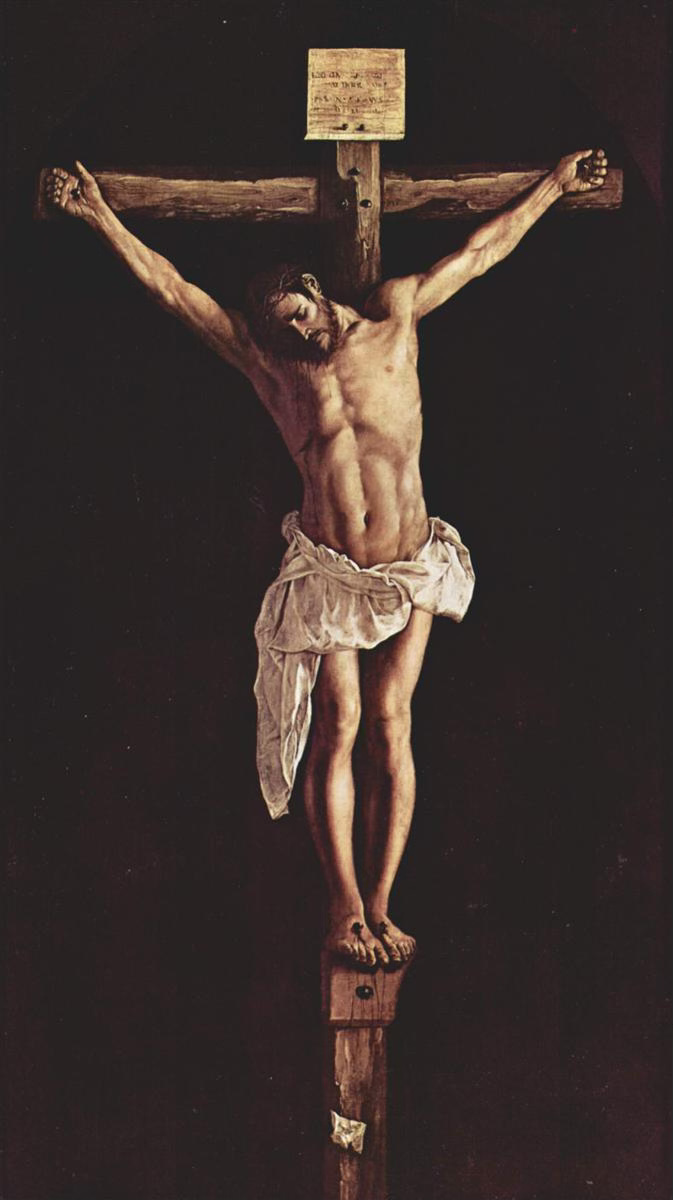The Ultimate Paradox
A Good Friday meditation as 7 million children are on the brink of starvation
“My God, my God, why have you forsaken me?” (Psalm 22:1, NRSV)
Death—abandonment—is but the final helplessness foreshadowed by all of life’s little dependencies. It is the hell beneath all living, the infinite chasm between us and God, the “Why art thou so far. . . ?” of those moments when we realize that we are destructible.
Descent into hell is the entrance into death—death as separation from God and from ourselves.
It is the pain of being “poured out,” “out of joint,” “wax . . . melted,” “strength . . . dried up,” tongue cleaving to the mouth (vss. 14, 15), “crucified, dead, and buried.”
Why? We do not know. We cannot explain. To be forsaken is to be without explanation, to have no way to live without suffering, no way to suffer without dying, and no way to die without abandonment.
This psalmist was no pessimist, though well he could have been. His prayer of desertion was a prayer of surrender—addressed to God. “My God, my God” (vs. 1). “Yet thou art holy” (vs. 3). “Yet thou art he who took me from the womb” (vs. 9). The Holy One who gave us birth—will he not also see us through and beyond the final ordeal?
Through and beyond. It is a blind passageway. No more than the psalmist, or Jesus, or any mortal flesh-of-our-flesh, do we die knowing what will happen next. We believe. We hope. If we know, it is only the sort of knowledge which comes of an ultimate trust, as when you know you are loved.
Is love as close as we ever come to proof that when we are abandoned, we are not abandoned?
We stake our life upon such love: the impossible possibility that the cross—divine love staked out and open to all the abuse with which death can mock us—means we are remembered when in our deepest anxiety we fear we are forgotten.
“You who fear the Lord, praise him. . . . For he has not despised or abhorred the affliction of the afflicted; and he has not hid his face. . . .” (vss. 23, 24).
In death we are “hollowed.” But is it not also true that in death we are “hallowed”? The last words of life are the first words of life: “My God, my God. . . .”
The ultimate paradox is that while we are abandoned, we are not abandoned. We die not knowing, but we die being known. And from our lips hang the very words, the only words—the Word who truly knows our mortal condition: “My God, my God.”
“For he has not despised or abhorred the affliction of the afflicted; and he has not hid his face from him, but has heard, when he cried to him.”
We know because we are known.*
NOW THIS from Hana Kiros of The Atlantic:
“. . . UNICEF projects that 7 million children will require treatment for extreme malnutrition in 2025. Even before the USAID cuts, it had the budget to treat only 4.2 million of them. Mana and Edesia typically provide 10 to 20 percent of UNICEF’s annual emergency therapeutic food, and USAID supplies half of its overall funding for nutrition treatment and hunger-prevention services. ‘Today, we have no visibility on future funding from the US Government,’ the statement read. Typically, producers have half a year to fill an order as big as the one the U.S. canceled, according to Odile Caron, a food-procurement specialist at Doctors Without Borders. UNICEF needs that food in much less time. If malnourished kids don’t get access to emergency therapeutic food because of the U.S. government’s decisions, ‘in three months, half of them will be dead, and the rest will have terrible disabilities, mostly neurocognitive’. . .”
—Read Hana Kiros’s entire article here.
Then, as a disciple of Jesus Christ, place a call to your U.S. representatives and senators, firmly requesting that they demand, publicly and privately, that USAID funds for nutrition treatment and hunger prevention be restored immediately.
—Locate phone numbers for your U.S. senators here and U.S. representatives here.
“Truly I tell you, just as you did it one of the least of these who are members of my family, you did it to me” (Matt 25:40, NRSV).




